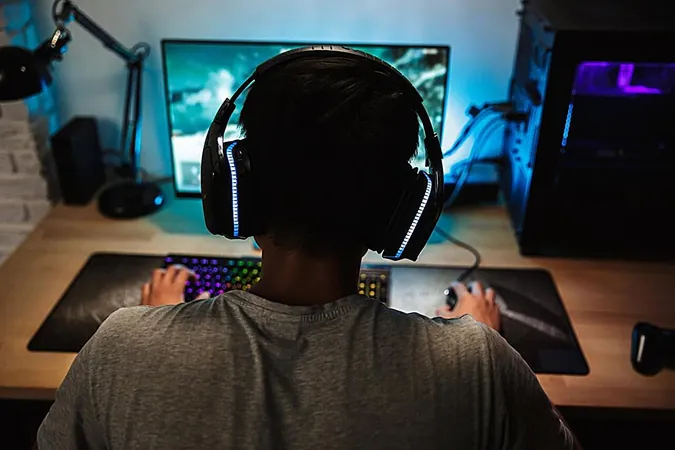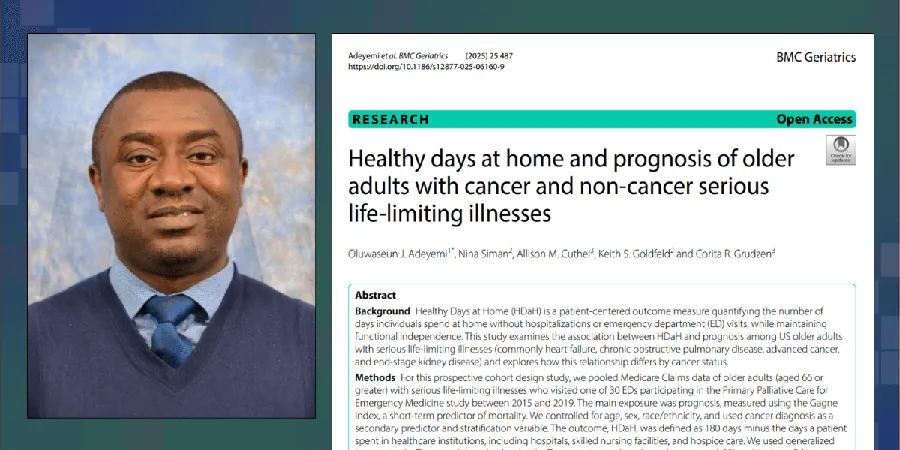
Unlocking Focus: How a Unique Video Game is Revolutionizing ADHD Treatment!
2025-01-22
Author: John Tan
Introduction
In a groundbreaking study published on January 8 in JMIR Serious Games, researchers have discovered that specialized video games could significantly enhance the management of attention-deficit/hyperactivity disorder (ADHD) symptoms, especially when used alongside traditional medical treatments. This innovative approach utilizes a video game titled "The Secret Trail of Moon" (MOON), designed not just for entertainment but as a tool for personalized cognitive training.
Study Overview
Led by Marina Martin-Moratinos from the Puerta de Hierro Majadahonda University Hospital in Madrid, the research team conducted an extensive evaluation involving 76 participants aged between 7 and 18 years, all of whom had a clinical ADHD diagnosis and were currently undergoing pharmacological treatment. The participants were divided into two groups: one experienced the MOON video game, while the other served as a control group without the game intervention.
Key Findings
While the study revealed that the MOON experience did not result in the anticipated changes in overall ADHD symptom scores according to the Strengths and Difficulties Questionnaire, there were notable improvements observed in specific areas. Participants who actively engaged with the MOON treatment demonstrated significant advancements in material organization, working memory, and inhibition skills. Such findings suggest that the level of engagement with the cognitive training element of the game plays a crucial role in its effectiveness.
Conclusion
The authors of the study emphasized that "serious video games combined with multimodal treatment can improve symptoms associated with ADHD". This innovative research represents a promising direction in ADHD management, shedding light on the potential of digital tools to enhance therapeutic outcomes.
Future Implications
With these insights, the study opens doors to further exploration of how gamified interventions can supplement traditional ADHD treatments, potentially leading to more engaging and effective therapeutic options for young patients. Could this be the wave of the future in ADHD care? Only time will tell, but the results certainly point in an encouraging direction onward to a better understanding and management of this commonly misunderstood condition!



 Brasil (PT)
Brasil (PT)
 Canada (EN)
Canada (EN)
 Chile (ES)
Chile (ES)
 Česko (CS)
Česko (CS)
 대한민국 (KO)
대한민국 (KO)
 España (ES)
España (ES)
 France (FR)
France (FR)
 Hong Kong (EN)
Hong Kong (EN)
 Italia (IT)
Italia (IT)
 日本 (JA)
日本 (JA)
 Magyarország (HU)
Magyarország (HU)
 Norge (NO)
Norge (NO)
 Polska (PL)
Polska (PL)
 Schweiz (DE)
Schweiz (DE)
 Singapore (EN)
Singapore (EN)
 Sverige (SV)
Sverige (SV)
 Suomi (FI)
Suomi (FI)
 Türkiye (TR)
Türkiye (TR)
 الإمارات العربية المتحدة (AR)
الإمارات العربية المتحدة (AR)